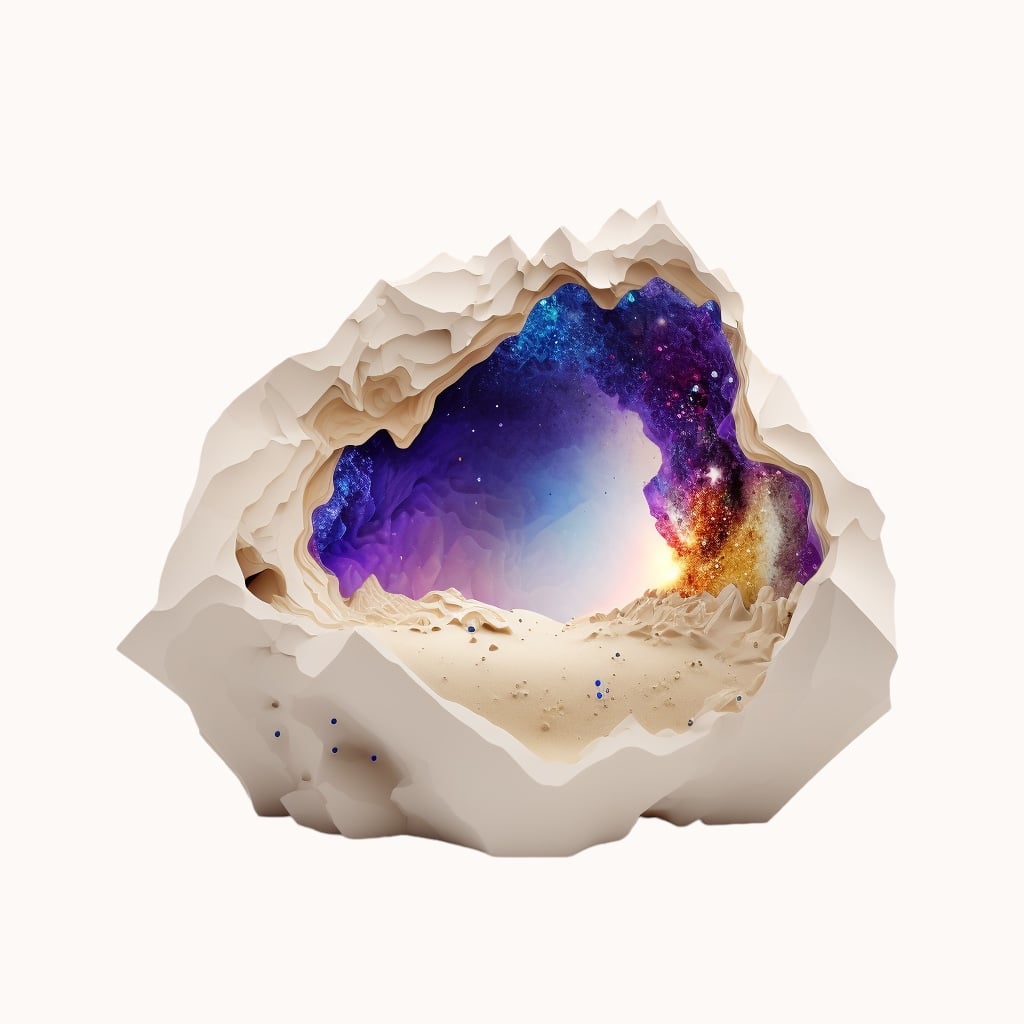Every passing moment is a new opportunity to learn something new about yourself. Yet another chance to challenge yourself. To improve. While life keeps going, do we? How often do we stop paying attention to the possibilities embedded in every second of our lives?
We take so many things at face value: a simple argument, a coincidental meeting, a habit, a cold, an annoyance, a smile... They're just that, right? No. Every occurrence, however small, has something to say to those involved - if they would only listen.
The unknown frightens and repels us. It is probably something very primal: it is harder to survive in unfamiliar circumstances, thus we should avoid them. That is why routines and habits are so ingrained in human life: they make the world seem more predictable. This, paradoxically, becomes the preferred mode of living even if the routines and habits make life seem unbearably boring. We get stuck and complain about wanting something better. We forget that it is the unknown that teaches us and makes us better, but after a while (a lot sooner than we realise) we stop pushing ourselves into the unknown.
When we were just starting life as squirming, crying infants wasn't everything unknown and new? As we learned to walk and speak, the world became our playground and lab for experimentation. We laughed and cried freely, ran all over the place, ran some more, wanted to touch and try everything and generally caused our parents to constantly worry and watch over us. Where did this spirit and energy go as we grew up into the people we are today? Surely with more strength, wisdom and experience we would be more capable of looking after ourselves. Doesn't this imply that we should now be more free to play, try and experiment?
Yes, we live within large systems and constraints but we also lived within systems and constraints when we were young: playpens, parents' arms, strollers, threats of punishment, refusal of toy and candy purchases and so on. "That can't compare," you might say. Why not? It's all relative. Those were some pretty big restrictions for you back then. When you grew up so did your restrictions, but they're still quite proportional. Don't make excuses.
It's really not hard to kickstart your self-discovery process, but the onus is on you:
- Embrace the unknown
- Go outside your comfort zone
- Pay attention
- Act with intent
- Take responsibility
A bit abstract, but the principles really are that simple. We tend to overthink and overcomplicate things because we somehow get it into our heads that complexity is associated with correctness (it could be related to the authority / reputation principle of persuasion). You don't need a school, guru or some "life organisation app" to help you with this. Anyone can do it, right now!
Here are some ideas:
Start on Monday and for an entire week write down (yes, physically write) every single thing that you do during each day. Be completely honest with yourself - you're not showing this to anyone so include the most embarrassing things as well. Apart from the insights that will be specific to you alone, you may notice a couple of general things: you have some fairly obvious patterns in your life and you have more time than you think if you don't spend as much time on so-called "pass times" and "boredom cures."
Question the things that you do in life - big and small. I don't mean simply question for the sake of questioning, because that can become a dangerous habit. I mean question things to understand why you're living through them. What causes these situations, what are the goals, what you can do better, etc.
Next time someone does or says something that annoys or angers you: stop. Stop and think. Why are these feelings swelling up in you? What does being annoyed or angry actually accomplish? More importantly - which part of you disagrees with this? Is it a conscious and deliberate part or a taught and automatic part that is a result of your upbringing and social circles? If it is really the conscious and deliberate part, so be it. If not, maybe there's no reason to get upset after all... There is a saying that everyone is a mirror for ourselves. Don't reinterpret that as an excuse to judge others; use that person and that event as a chance for self-discovery.
If something goes wrong and you feel compelled to blame someone or something: stop. Were you late because of the traffic jam or because you chose to leave at that specific time and not 10 minutes earlier (regardless of whether or not you knew about the traffic jam)? Like it or not, you made that choice. If you were 'forced' into that choice, figure out which choices led to it.
As you read this, what's your posture like? Were you even paying attention to it until now? If someone doesn't even pay attention to their own bodily circumstances and sensations, how can they even begin to pay attention to the world around them? More generally: how can you know others before knowing yourself?
Life's lessons are everywhere, all the time. When you start searching for them a whole new world opens up to you.
